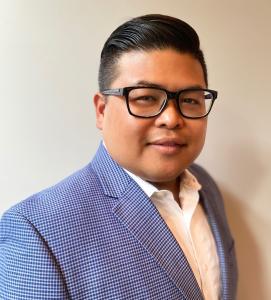John Sianghio

Since World War II, the legitimacy of humanitarian warfare has rested on the understanding that the protection of human rights is a compulsory duty and a universally valid moral good. This justification for humanitarian warfare has been challenged in recent years. On a theoretical level, scholars touting the value of pluralism and influenced by the cultural and subjective turns in the humanities have grown skeptical of the validity of universal moral claims. On a practical level, the failures of state-building operations in recent military adventures by powerful nations demonstrate that universal humanitarian claims often have little purchase when they butt up against local customs and values.
Drawing primarily on Christian ethics, my dissertation explores the possibility of working from an intentionally limited moral perspective and justifying humanitarian warfare without resorting to universal human rights claims. Admittedly, intentionally working from within a specific tradition can be dangerous if one holds pluralism as an important value. The tradition of Christian ethics concerning warfare is rife with self-serving and insular theologies that blessed crusaders and conquistadors as they trampled over the traditions of others. However, it is also possessed of ethicists whose comments on situations analogous to humanitarian warfare are simultaneously sensitive to the concerns of other cultures and self-aware of the limited perspective of their own tradition. It is the potential contributions of this latter mode of humble moral reasoning that my dissertation hopes to bring to bear on contemporary issues of humanitarian warfare.
The Marty Center and its mission to bring a broad range of voices together to think through the nuances of pubic understandings of religion is an excellent place to explore such a topic. As I work to revise and finalize the beginning chapters of my dissertation, I know I will benefit from the multiplicity of religious perspectives and scholarly methodologies that my colleagues bring to the table. Their efforts to connect their work to public issues will furnish my own with a wider range of source material to consider, challenge and refine my claims, and will help to make learning from diverse processes of thought not simply an ideal, but a routine part of scholarship.

